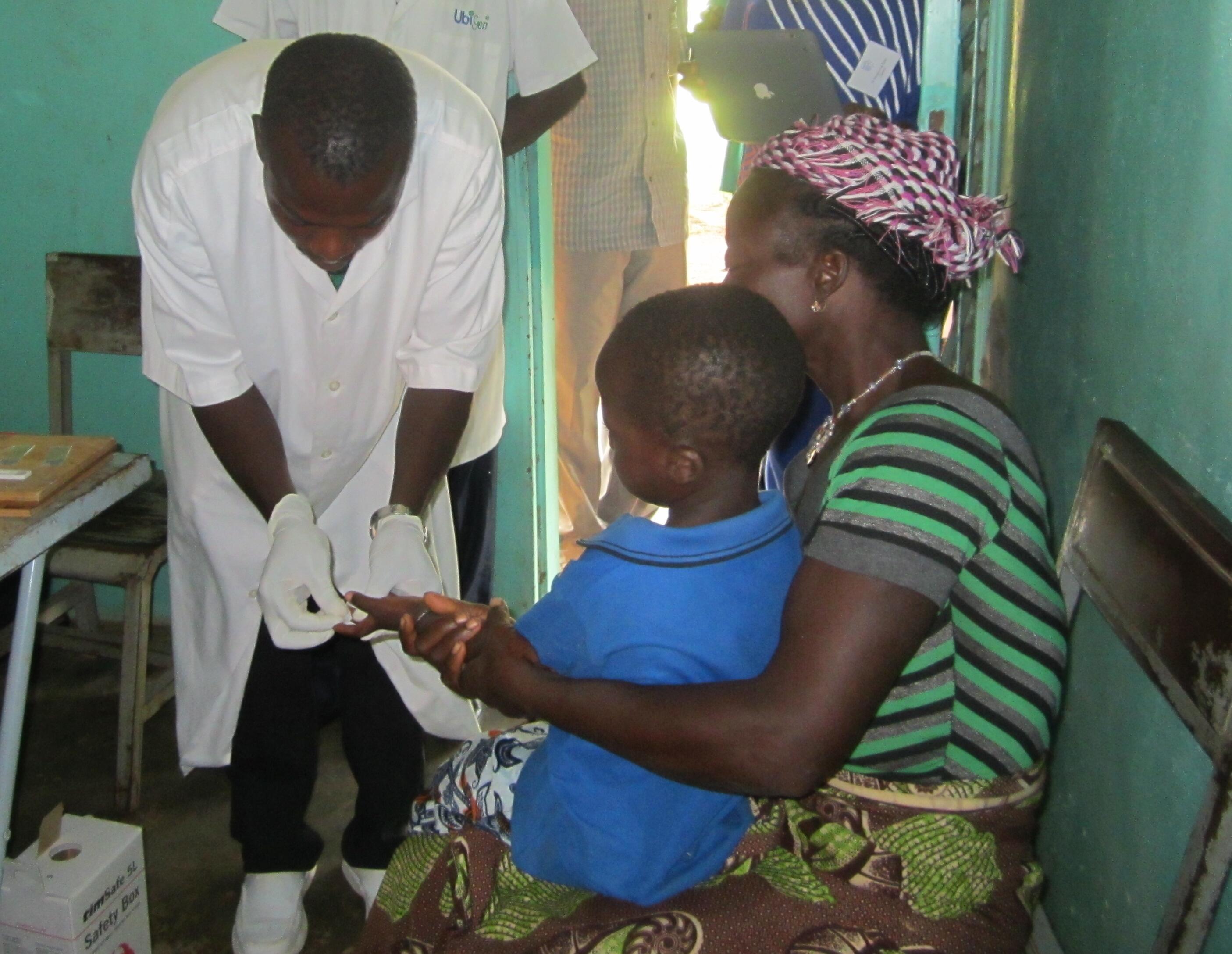
LSTM’s Dr Gerry Killeen and Professor Hilary Ranson have called for the international community to be bolder in adopting new products for existing interventions such as insecticide treated bed nets, so that the huge gains in malaria control are not lost to insecticide resistance.
In a comment in the journal, The Lancet, Professor Ranson and Dr Killeen, who is based at the Ifakara Health Institute in Tanzania, refer to a clinical trial which compared nets treated with a synergist as well as insecticide which shows that they are more effective at preventing malaria than the pyrethroid only nets currently used. Treated with the synergist piperonyl butoxide (PBO) as well pyrethroid class insecticides the nets were deployed in a study in Tanzania and used with or without organophosphate indoor residual spraying (IRS) in direct comparison to the use of standard pyrethroid only insecticide treated nets.
The study provided conclusive evidence of the superior performance of the PBO nets in this setting but, the pair describe as disappointing the fact that these new nets have only been very cautiously adopted at a global policy level up to now. Professor Ranson said: “Vector control with long lasting insecticidal nets accounts for most of the 1.3 billion fewer malaria cases and 6.8 million fewer malaria deaths between 2000 and 2015, and the spread of resistance to pyrethroids through the African malaria vector populations has been of great concern. The first PBO-pyrethroid net received interim WHO approval a decade ago. The delay in setting the criteria to evaluate the performance of these nets has put lives at risk in areas where the mosquitoes have developed high levels of resistance. We need to accelerate the generation and implementation of recommendations for resistance management products, and be less risk adverse or we risk devastating consequences.”
They point out that while the cost of these new PBO treated bed nets is expected to be higher than the currently used nets, cost effectiveness needs to be considered, particularly in areas where the performance of existing nets is being undermined by resistance. However, the overriding message is to act now. Dr Killeen said: “It is essential that review and recommendation policies take a bolder stance to emphasise pre-emptive action if new products are to be adopted fast enough to slow the emergence of insecticide resistance. If we have to wait until we have all of the evidence, important decisions will always come too late.”
Comment: Insecticide-resistant malaria vectors must be tackled
Gerry F Killeen, Hilary Ranson
Published: 11 April 2018
DOI: https://doi.org/10.1016/S0140-6736(18)30844-4
Published: 11 April 2018